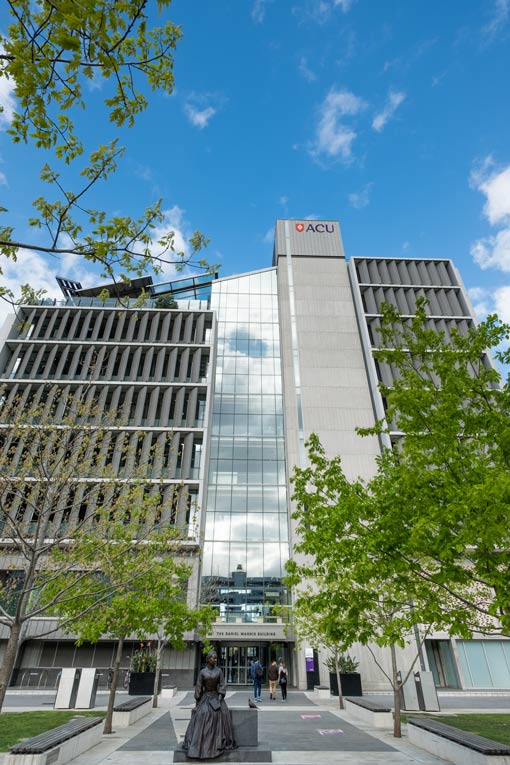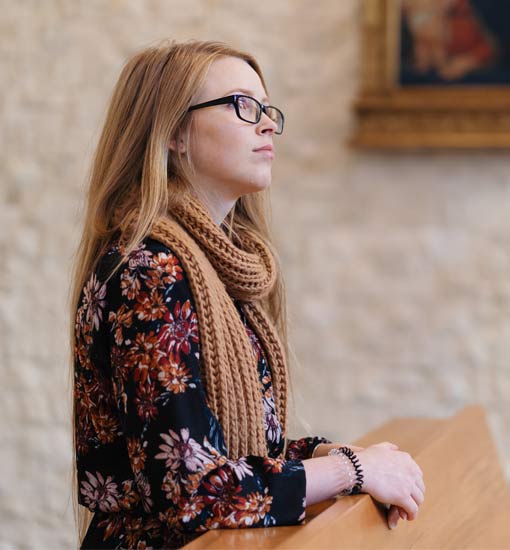That if they are Catholic, they will consider joining the senior leadership in faithful support of Catholic life and culture at the university; and if they come from other faiths and traditions, they ensure that they can conscientiously respect Catholic life.
‘Respect’ isn’t easy to interpret, but at a minimum it means people contemplating Catholic university life should feel comfortable with the commitment the institution has to the Gospel. They should not feel this a violation of their conscience and should not feel they will have to publicly reject the position of the Church, ridicule it, try to undermine it or undermine those who promote and support it within the academy.
This aspect of Catholic recruitment is both about protecting the consciences of potential employees, whom all would want to feel comfortable and happy with the institutional positions of their employer, and also protecting the institution’s capacity to witness to the faith and tradition that grounds it “from the heart of the Church”. No one wants strict vegetarians to feel forced to work in a butcher’s shop and develop their understanding and support of that trade; this would help neither the ‘Buy Aussie lamb’ campaign nor the seriously formed consciences of animal lovers.



